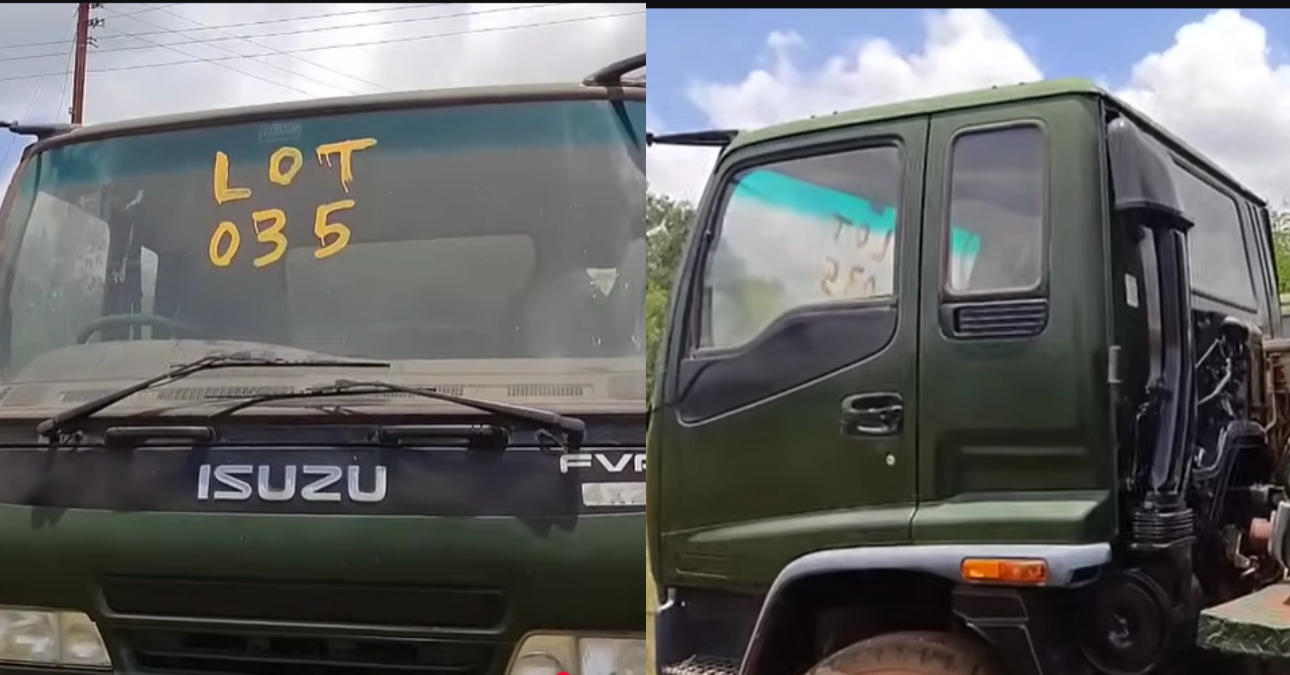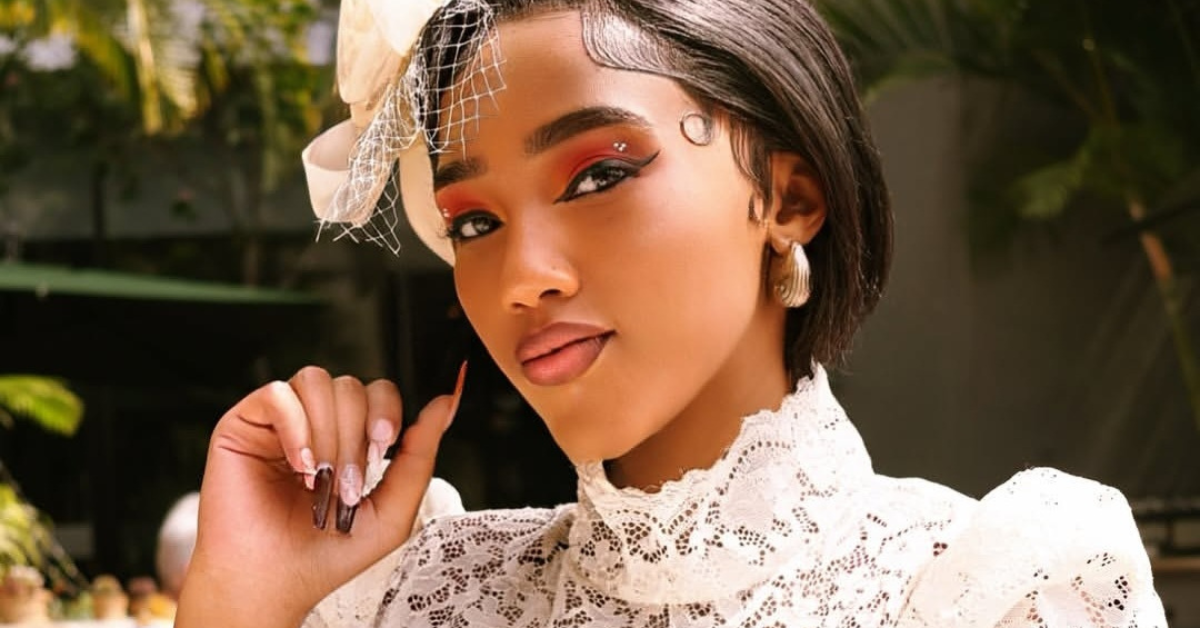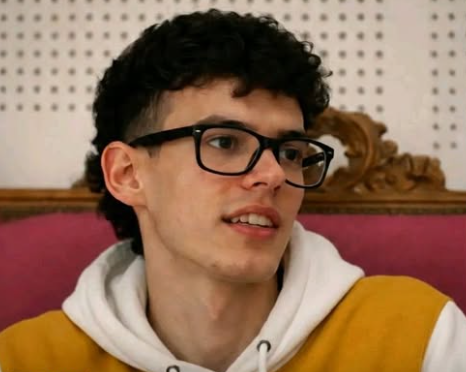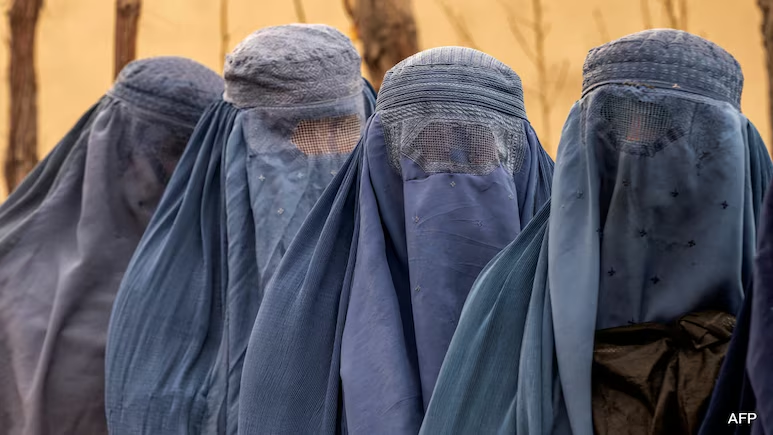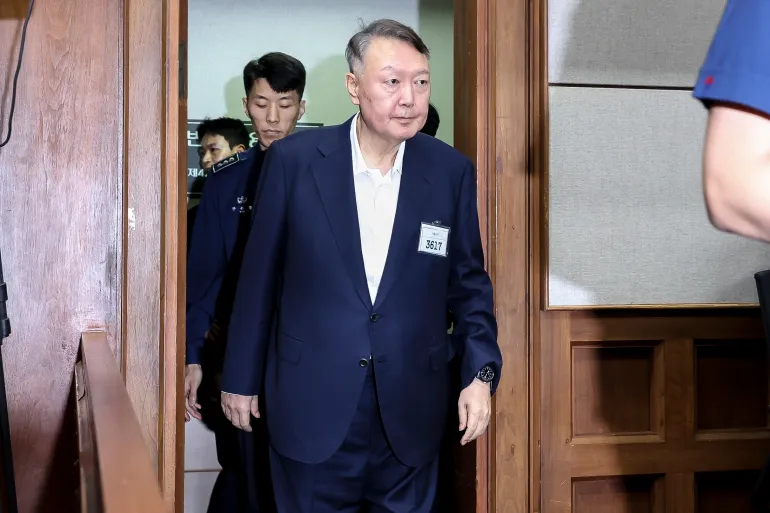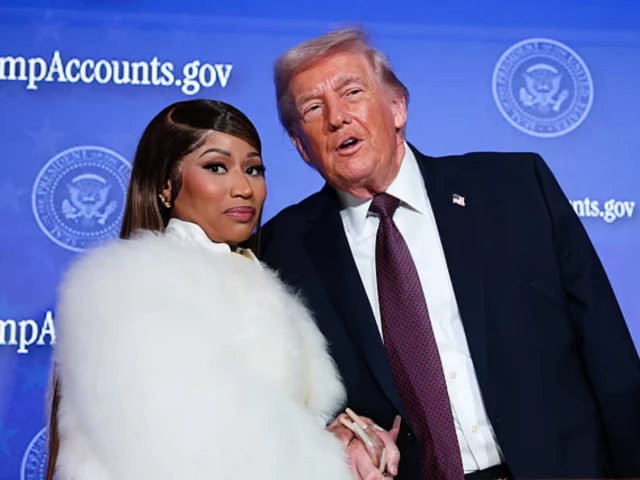OpenAI’s newest text-to-video tool, Sora, has taken the internet by storm, surpassing one million downloads in less than five days, a milestone it reached even faster than ChatGPT’s debut.
The app, which currently tops the Apple App Store in the United States, allows users to create realistic 10-second videos from simple text prompts.
Sora’s head, Bill Peebles, shared the download figures on X, calling the app’s rise “surging growth,” even though it’s available only to invited users in North America.
But alongside its rapid success, the platform is facing mounting criticism over how it handles copyrighted material and depictions of deceased public figures.
The app makes it easy to post AI-generated clips on social media, leading to a flood of short videos online, including those featuring late stars like Michael Jackson and Tupac Shakur.
The issue drew more attention when Zelda Williams, daughter of the late actor Robin Williams, pleaded with users to stop sending her AI-generated recreations of her father, a moment many linked to Sora’s growing influence.
An OpenAI spokesperson told Axios there are “strong free speech interests” in allowing portrayals of historical figures.
However, they added that representatives of recently deceased individuals could request restrictions on their likeness, though the company did not clarify what qualifies as “recent.”
Sora has also inspired humorous, and sometimes controversial, deepfake videos, including one showing OpenAI CEO Sam Altman joking with Pokémon characters about potential lawsuits.
While companies like Nintendo have yet to respond, legal experts warn of increasing risks as AI firms face a wave of copyright lawsuits.
In a recent blog post, Altman said OpenAI is “learning quickly” from how people use Sora and plans to give rights holders more control and eventually introduce revenue-sharing options.
Whether those efforts will calm critics, or spark new legal battles, remains to be seen.




